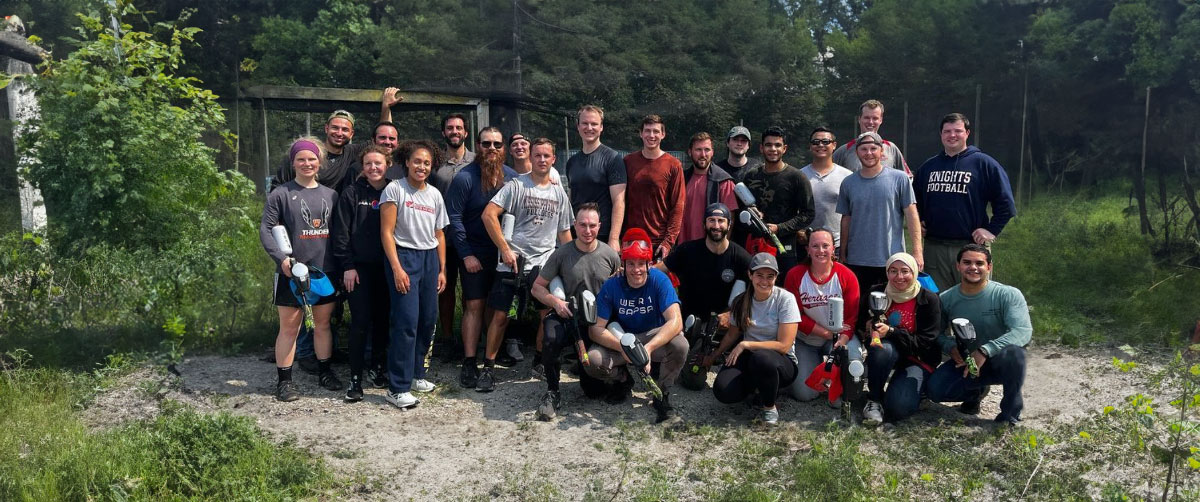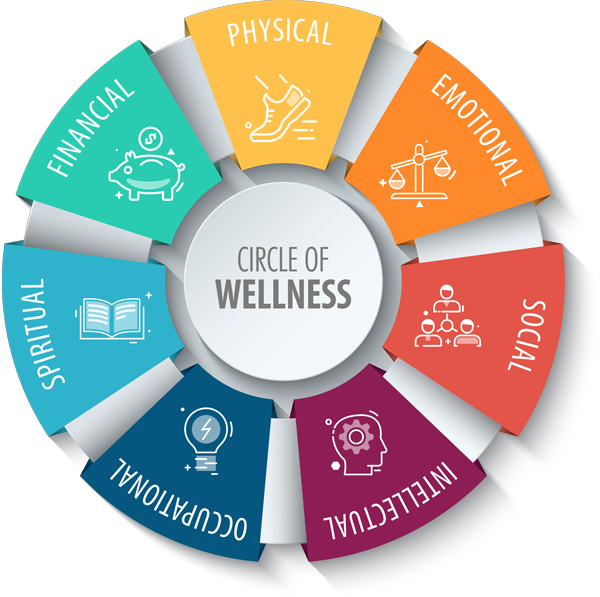
Resident Wellness
Wellness Initiatives at MCG Internal Medicine
House Cup
New for 2025-2026!
A new initiative for the 2025-2026 academic year, the house cup divides the residency up into three "Houses" (Harry Potter style), and award House Points based on various activities.
Examples of activites that accrue points include:
- attending social events
- presenting research abstracts at conferences
- volunteering in the community
- winning BeaST mode presentations
Among many more opportunities!
The winning team for each semester is given a prize focused around resident appreciation and burnout reduction.
Wellness Committee
A resident-led committee that is designed to assist program leadership and chief residents with coordinating wellness events, in addition to using wellness resources for the reduction of resident burnout burden.
Housestaff Meetings
Monthly chief resident-led meetings during noon conference where residents are given pertinent updates about the program and are allowed to voice opinions and concerns regarding the current state of the program.
R2 and R3 Retreats
Annually, the residency sponsors full day retreats for our rising PGY-2 and outgoing PGY-3 residents to prepare them for their transitions to being an upper level resident and attending, respectively.
Rising PGY-2s are given lectures on topics including:
- Building team camaraderie
- Teaching medical students and interns
- How to gain independence in your medical decision making
Outgoing PGY-3s are given lectures on topics including:
- Board How-Tos and Preparation
- Licensure and Credentialing
- Contract Negotiation
Objectives:
- Promote and encourage a positive work environment as well as a healthy work-life balance.
- Provide physical, psychological, social and professional well-being of our residents by organizing safe social gatherings.
- Maintain a peer support and advocacy network for the residents by creating a safe place for them to address concerns within the program and find creative solutions.
- Identifying and preventing resident burnout.
Graduate Medical Education at MCG, is committed to providing resources and techniques to ensure residents and fellows enrolled in MCG’s training programs are mentally and physically healthy and fit for training in the clinical learning environment.

The Medical College of Georgia provides an on campus assessment and counseling program for Housestaff, Faculty, employees, graduate students and immediate members of their family.
The Employee-Faculty Assistance Program focuses on problems of either a personal or a work-related nature. Assessments are provided and, where indicated, short-term therapy may be scheduled for up to six sessions at no cost to the employee/faculty. For persons/families requiring extended counseling or more specialized therapy, the program can arrange continuing care by an appropriate local practitioner or agency.

In addition, EFAP staff are available to consult with supervisors on how to better recognize and work with employees who are experiencing difficulties of various kinds.
Some common reasons residents/fellows may see the EFAP Office are: stress management, depression, anxiety, burnout, family and relationship issues, communication difficulties, and career/academic concerns. Services are completely confidential, no EHR records.
For more information or for an appointment, please contact the Employee-Faculty Assistance Program at (706) 721-2599 (no referral needed).